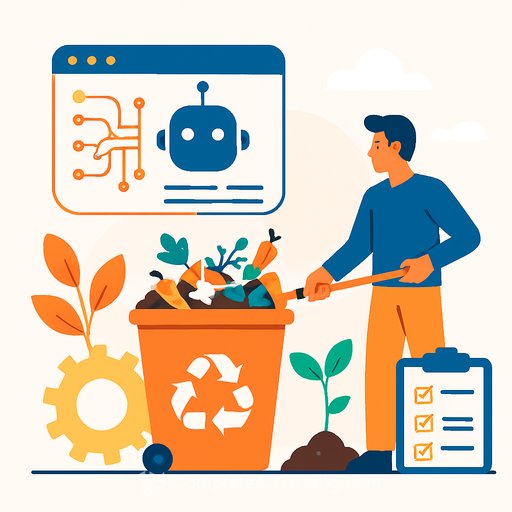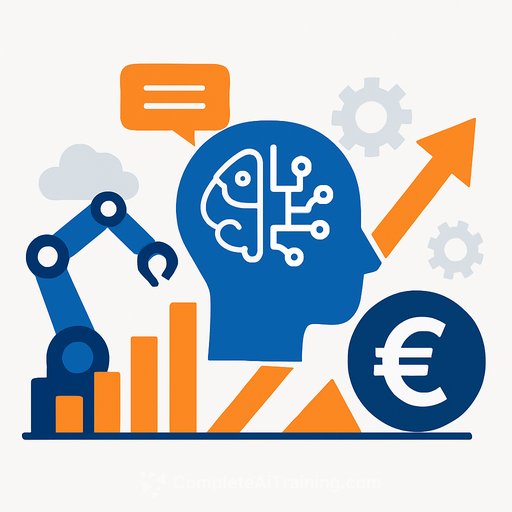Smart BioCycle – AI for Sustainable Organic Waste Management
Organic waste is a pressing challenge for urban centers and industries alike. The Smart BioCycle project introduces an AI-driven approach to optimize the entire lifecycle of organic waste—from collection and sorting to processing and reuse. The goal is clear: efficiently convert organic waste into valuable outputs such as biogas, compost, and industrial raw materials.
Core Components of the Project
- AI-Driven Waste Classification: Using image recognition to accurately sort organic waste.
- Predictive Analytics: Optimizing collection routes and schedules to reduce costs and emissions.
- Machine Learning Models: Forecasting yields like compost output and methane production for better planning.
- Process Automation: Monitoring and automating composting or anaerobic digestion for consistent quality and efficiency.
Why This Project Matters
Every year, over 1.3 billion tons of food waste is generated globally, contributing significantly to methane emissions—a potent greenhouse gas. Most cities still lack efficient systems for segregating and reusing organic waste. Implementing AI offers a practical way to reduce landfill dependency, lower carbon footprints, and make organic waste management scalable and responsive in real time.
Where Will Smart BioCycle Be Implemented?
The initial pilot phase targets urban areas with high organic waste generation, such as municipal markets, restaurants, and food processing plants. Smart cities and university campuses provide controlled environments to test and refine the technology. The approach is designed to scale further, including applications in rural farming communities where agricultural residues can be repurposed.
For professionals working in IT and development, this project highlights how AI can be integrated into environmental sustainability efforts, combining image recognition, predictive analytics, and process automation. Understanding these applications can open new avenues for innovation in waste management systems.
Explore more about AI applications in sustainability and related fields by visiting Complete AI Training’s latest AI courses.
Your membership also unlocks:






